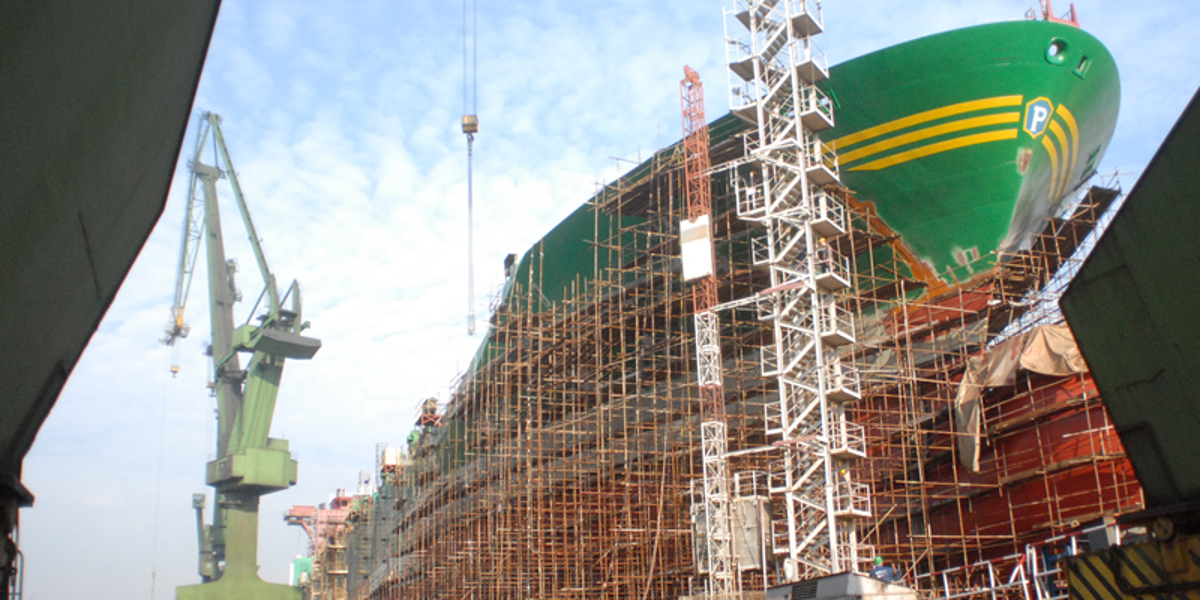Totally unacceptable that these practices exist and are continuing in Europe
In the European press, several reports have been disclosed over the last few weeks and months highlighting cases of forced labour in EU Member States by North Korean workers. In one such case, workers were earning no more than EUR150 - EUR200 a month in a Maltese textiles company. At the time, our Maltese affiliate General Workers' Union (GWU) reported back that all workers employed directly by the accused company had subsequently been covered by a collective agreement. However, more recently, GWU has confirmed that since the news of these practices became public, none of the 20 North Koreans employed are working on-site anymore.
 Recently, another case of forced labour was reported in the shipbuilding and construction sectors in Poland. 800 North Korean 'slave labourers' were working in companies - companies that were sometimes even benefiting from the financial support of the European Union.
Recently, another case of forced labour was reported in the shipbuilding and construction sectors in Poland. 800 North Korean 'slave labourers' were working in companies - companies that were sometimes even benefiting from the financial support of the European Union.
Even more shocking is the fact that the salaries earned by these workers are paid to managers and repatriated to the North Korean regime in Pyongyang. The United Nations estimate that North Korea earns between EUR1.5 bn and EUR2 bn a year from the forced labourers it sends overseas.
The Dutch-based academic 'Leiden Asia Centre' states that there can be little doubt that this is an issue of de facto forced labour. 70 to 100 per cent of the earnings of these workers goes straight back to the North Korean State.
Although the number of cases reported are marginal, industriAll Europe demands action from the European Union and the EU Member States in order to stamp out these unethical and inhumane practices. In the European Parliament, German MEP and Chair of the EU Parliamentary Committee on Employment and Social Affairs, Thomas Händel, has already drawn attention to the alleged exploitation of North Korean workers.
IndustriAll Europe is in close contact with the affiliated organisations concerned and with those researchers that are disclosing these facts. "It is totally unacceptable that these practices exist and are continuing within Europe. We urge all interested parties, whether they be the European institutions or the national Member States, to use all measures and tools they have at their disposal such as labour inspection to investigate and - where present – to immediately put an end to these practices," stated Luc Triangle, General Secretary.
